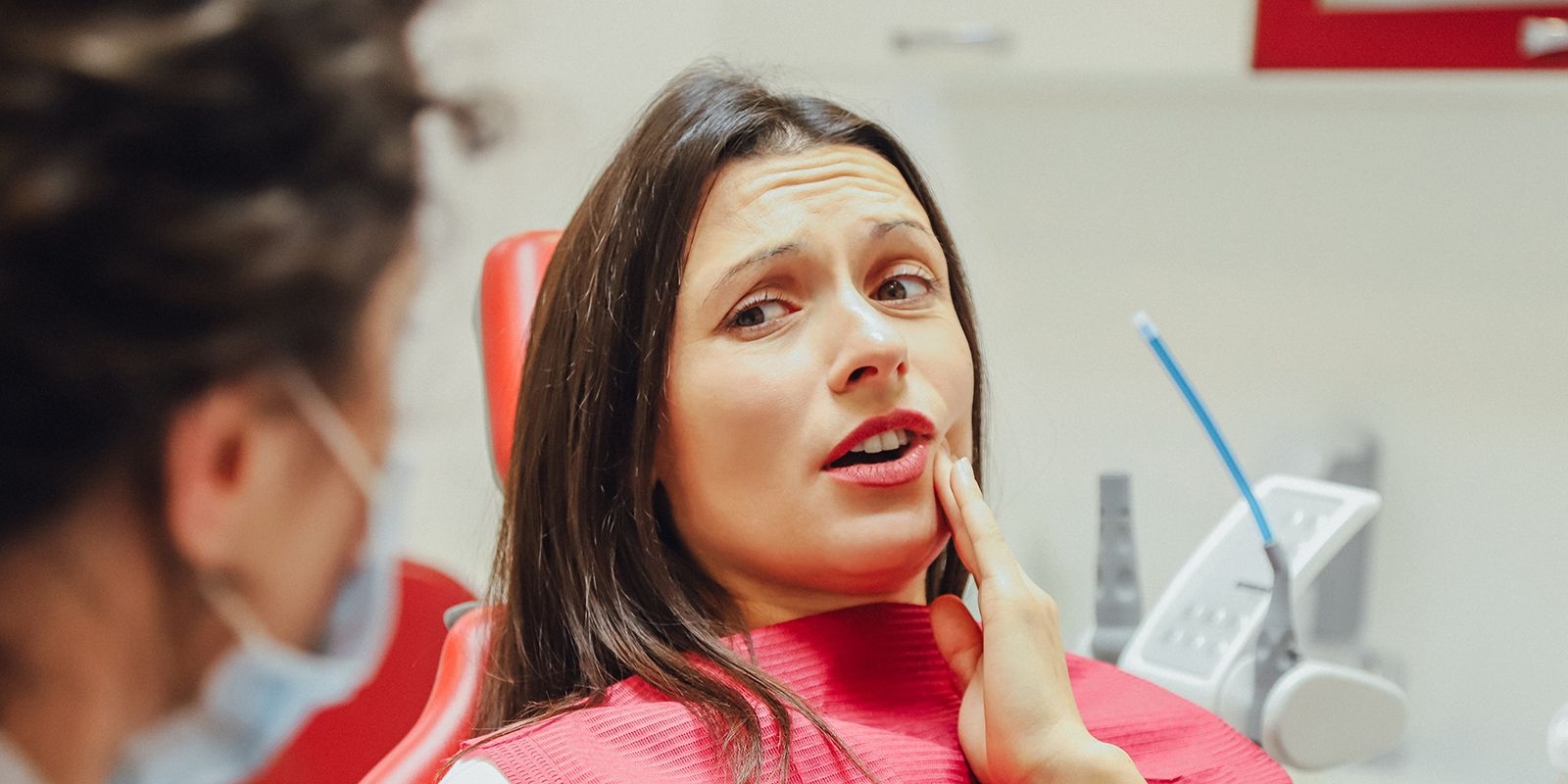Wisdom teeth commonly need to be extracted, so this leaves many of us wondering why do we have them? Long story short, wisdom teeth were once needed by our ancestors. However, as we have evolved as human beings they are no longer needed. If not removed, wisdom teeth can lead to many complications.
What are Wisdom Teeth?
Also known as third molars, wisdom teeth are the four teeth in the back of the mouth. These are normally the last teeth to erupt and commonly come in between the ages of 17-21.
Wisdom Teeth Problems
As we have evolved as a species our jaw anatomy has changed. We now have smaller upper and lower jaws, which means problems for wisdom teeth. In many cases, there simply is not enough room for these molars.
Problems include:
- Difficulty properly cleaning erupted third molars due to the positioning in the mouth – problems flossing and brushing leading to decay.
- Food may become trapped due to the positioning of the teeth and lead to cavity-causing bacteria to grow.
- Partial eruption can give bacteria a place to enter the gums and create a place for infection to occur. This may also lead to pain, swelling, and stiffness in your jaw.
- Crowd the neighboring teeth – leading to shifting or movement of other teeth.
- Impacted, meaning they have not or cannot erupt. The teeth are trapped under the gumline which presents a number of problems.

Wisdom Teeth Removal
Regular dental checkups with x-rays allow your dentist to make the best recommendation on when to remove your wisdom teeth. Wisdom teeth may need to be removed if the following symptoms occur:
- Pain
- Swelling
- Shifting/moving of surrounding teeth
- Infection
- Tooth decay
- Gum disease
- Cysts
Additionally, wisdom teeth may need to be removed to receive orthodontic treatment and other dental services.
Keeping Your Wisdom Teeth
If your dentist does not recommend the removal of your wisdom teeth, you will need to be consistently monitored for problems that may arise. As we age health issues, including teeth problems become more common. Meaning, as you age you may be at an increased risk of issues with your wisdom teeth.
Talk to Your Dentist
If you have more questions in regard to wisdom teeth for yourself or a loved one be sure to talk to your dentist at your next visit.

